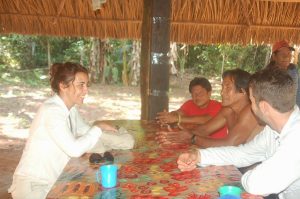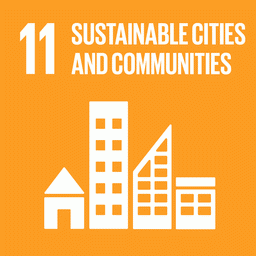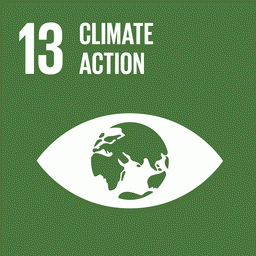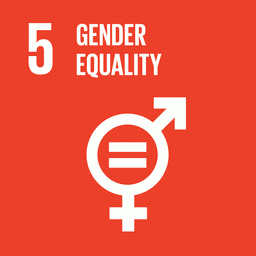Patrícia Pinho, who is now deputy director of research at IPAM (Amazon Environmental Research Institute), is an internationally renowned researcher for introducing human issues into conservation and climate science.
Having been a member of the teaching staff of national and international universities, the scientist has contributed twice to the IPCC (Intergovernmental Panel on Climate Change), as well as cooperating in the structuring of concepts relevant to Brazilian science.
Pinho contributes to discussions around how local communities can create their own rules and institutions to manage common-use resources – such as forests, lakes, irrigation systems and fishing areas – in a sustainable and effective way, as well as developing research on bioeconomics and the social tipping point.
She entered the world of environmental sciences through hers undergraduate degree in biology, which she entered with one goal in mind: to approach environmental issues from a human perspective.
The first experience that set her on this path was a course on socio-environmental systems in the Amazon, where she worked as a volunteer with traditional communities and indigenous peoples. It was then that she knew for sure that she wanted to dedicate her research to the biome, combining ecology with social issues.

Patrícia Pinho doing research in the A’ucre Kayapo indigenous land (PA) (Photo: Personal Collection)
After graduating, Pinho went straight to her doctorate in human ecology at the University of California at Davis. There she wrote the foundations of what guides her research and work to this day. In her post-doctorate, she deepened the discussions she had previously brought up, becoming one of the first scientists to research climate change from a human perspective.
“When I started working on climate change, the area was still dominated by climatological and environmental modeling, the human perspective was little explored and placing the Amazon within this context was a challenge, but also an opportunity. The region is widely recognized for its biodiversity and ecosystem services, but there was little discussion of the socio-economic and political risks involved,” says the researcher.
Today, the scientist is taking her studies on the relationship between climate change and social issues a step further by working with indigenous and traditional communities to develop the concept of a social tipping point. The proposal is to clearly reveal the limits of the impacts of the climate emergency on society, especially on the Amazonian population.
Influencing climate science around the world
Her unique approach to ecology and the Amazon led the deputy director to be one of the scientists selected to contribute to the IPCC. Her first collaboration took place in 2018, when she was part of the production of chapter 5 of the Special Report on 1.5º (R6), revealing how the rise in temperature affects issues of inequality, poverty and sustainable development. The scientist recalls what the experience was like:
“It was very challenging, because there is a preponderance of older, white male scientists in these spaces, mostly located in the northern hemisphere. I felt very challenged, intimidated, but at the same time also very empowered that the science I do, the biome and the people I try to place within this map of vulnerabilities, impacts, risks and opportunities are also relevant.”
Last year, Pinho was again selected to contribute to the panel, and was one of six Brazilian scientists to take part in the scoping meeting for the IPCC’s 7th Assessment Cycle, which defined the structure, content and themes of the seventh report under development.
Even closer to the Amazon
The deputy director points out that her work at IPAM has brought her an opportunity she had never had before: to influence public policies aimed at the Amazon. In addition to dialoguing with the Brazilian legislature, Pinho has the opportunity to technically support government actions involving traditional and indigenous communities, bringing the climate justice agenda to these spaces.
Her work has also had an impact on the concept of the bioeconomy. Many of the studies he has contributed to on the subject propose national and international practices for structuring the bioeconomy as a means of forest sustainability.
IPAM communications analyst*



